Non-academic student workers at The New School have filed for an election to join the union representing academic student workers. They are now making their case in a federal labor hearing.
NewSWU, the group organizing the unionization efforts of non-academic student workers at The New School, entered a National Labor Relations Board (NLRB) pre-election hearing with the university last Monday as they attempt to build a wall-to-wall union of student workers.
This pre-election hearing is a typical procedure held by the NLRB between an employer and a group of employees to determine workers’ eligibility for a union election. It is triggered by employees filing for union recognition, which NewSWU did on Aug. 7.
NewSWU is presenting evidence in the hearing that demonstrates non-academic student workers hold similar jobs to academic student workers, should legally be considered workers, and that all of their employees — including those paid by federal work study — should be legally allowed to unionize. The New School is presenting evidence against these claims, making the case that non-academic student workers are not legally allowed to hold the union election they filed for.
NewSWU filed to join the same bargaining unit as the academic student workers at The New School, SENS, which has represented those workers on campus since 2017 under the ACT-UAW Local 7902 union. The non-academic student workers are asking for an Armour-Globe election, which would allow the group to vote to join an existing union they share a community of interest with, according to Emily Li, a member of NewSWU’s organizing committee.
Whether or not NewSWU and SENS share a community of interest — meaning, they share similar job descriptions, responsibilities, and working conditions — is one of the main points of contention between the workers and the university.
“We’re all student workers under The New School…so [this] community of interest [between academic and non-academic student workers] is kind of implied,” Isabelle Fessler, a member of NewSWU’s organizing committee, said.
Academic student worker positions include teaching fellows, teaching assistants, research assistants, course assistants, and tutors. Non-academic student worker positions are held by every other student employee on campus, including Making Center workers, resident advisors, and student assistants.
“The exclusion of certain student workers by using the phrase ‘academic student worker’ just doesn’t make sense. Every single student worker is contributing to academics on this campus regardless of whether or not they’re directly in the classroom,” Fessler said. “For example, people cannot do their learning without [the] Making Center workers.”
The university claims that the non-academic student workers are not legally eligible to join the same union as the academic student workers.
“Some of the job titles among the unrepresented group [NewSWU] are already included in other recognized bargaining units…[and] non-academic student workers, who may work as orientation leaders or at the university’s New Store, do not have the same type of roles and responsibilities as academic workers…and therefore would be better served by representation by a distinct union bargaining unit,” The New School said in a statement provided to The New School Free Press.
The university used a similar argument in its Statement of Position, which was submitted to the NLRB in response to NewSWU’s petition for a union election. The Statement of Position was rejected by the NLRB prior to the start of the hearing.
The administration also raised concerns over “whether or not non-academic student workers [should legally be considered] workers and whether federal work study students can or cannot be included in a union,” Li said.
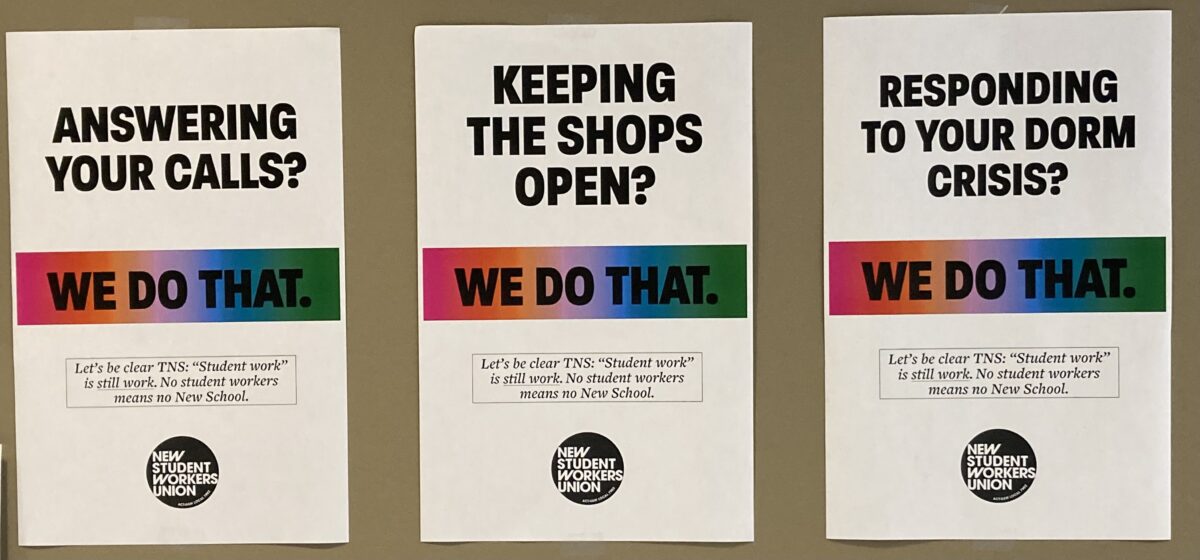
NewSWU’s organizing committee members are frustrated by the university’s constant suggestion that they should not legally be considered workers.
“The position that student workers are not employees is just absolutely ludicrous. It doesn’t make any sense,” Fessler said. “All student employees are employees that are very important to running this school.”
In their rejected Statement of Position, The New School stated that non-academic student workers “are not employees under the common-law test or within the meaning of Section 2(3) of the National Labor Relations Act.”
The university also noted that its Statement of Position “referred to a very recent NLRB decision finding that the funding sources for certain positions, such as federal work study, may impact the ability of those positions to be in a union.” However, multiple academic student worker positions currently represented by SENS are federal work study jobs, including certain research assistant roles.
The university used a similar argument against academic student workers being legally recognized as workers when SENS went through their pre-election union hearing six years ago.
“They argued this before the NLRB in our hearing and they failed to make the case for that. They’re doing the same thing to NewSWU as they did to us,” said SENS bargaining committee member Danielle Twiss.
After the hearing concludes, the NLRB will determine whether they believe NewSWU shares a community of interest with SENS, if non-academic student workers should legally be considered workers, and if student workers in federal work study jobs are eligible for unionization, among other things.
If the board determines all of these things are true, an election where all non-academic student workers would vote on whether or not to unionize with the SENS unit would be held. If the NLRB rules that any of NewSWU’s arguments are invalid, non-academic student workers will likely reevaluate their other options for unionization, Twiss said.
“To hear from a greater kind of federal body on the issue of what’s at stake right now I think is already really exciting. We’ve worked really hard to even get to this point,” Li said.
If NewSWU’s unionization drive is successful, there will be a bargaining unit that represents all academic and non-academic student workers in the ACT-UAW Local 7902 union. Local 7902 currently represents all Part-Time Faculty, health service workers, and academic student workers at The New School.
“The hope is that we will be a wall-to-wall union,” Twiss said. “I see being under the same union as superior to being part of different unions. The university has kind of etched these arbitrary lines between us…We think [unionizing together] is the morally just, politically right, and strategically better way to approach this.”
The hearing will continue until both the university and NewSWU finish presenting their evidence regarding whether the non-academic student workers are legally eligible to hold the union election they filed for.

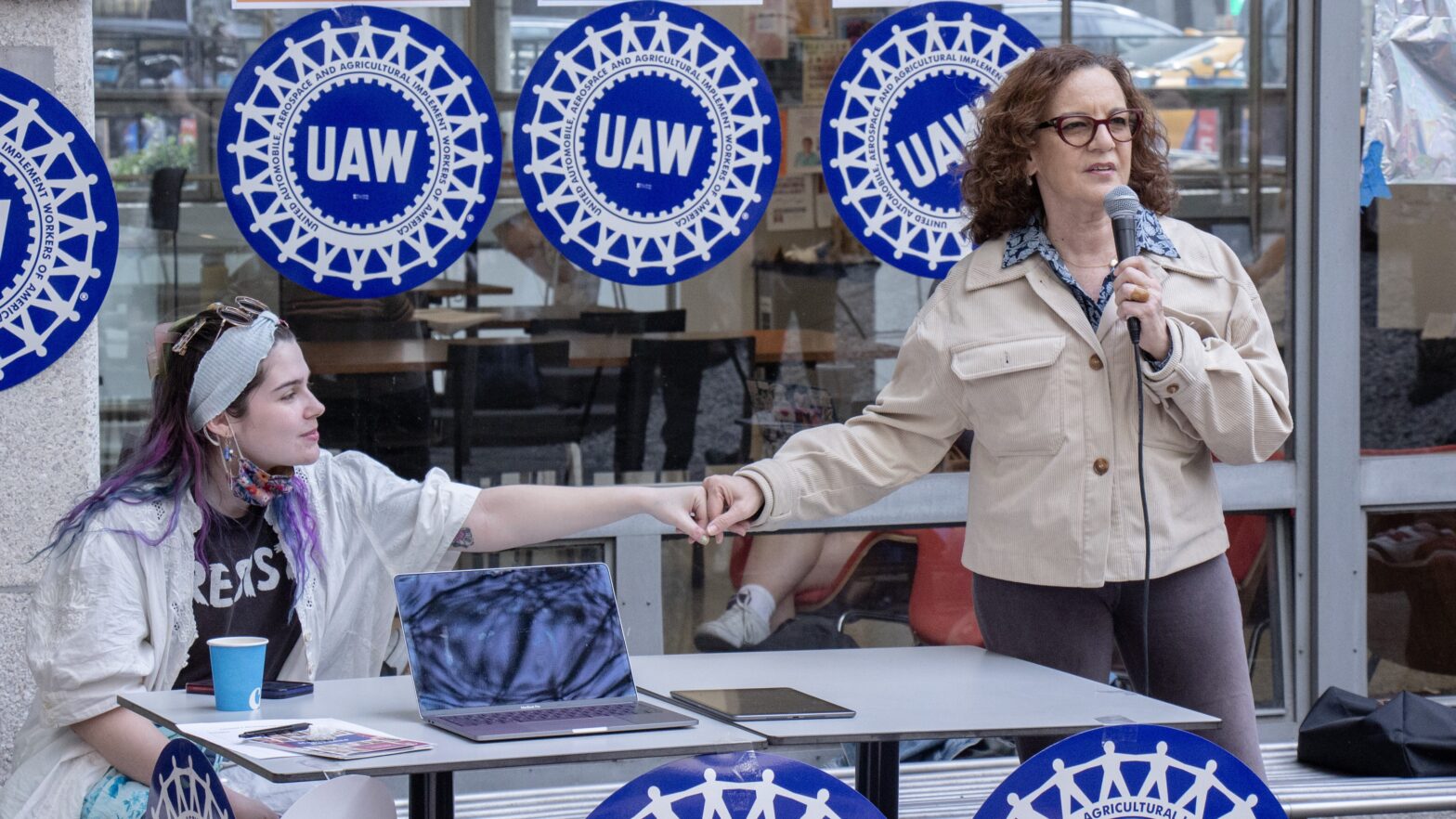
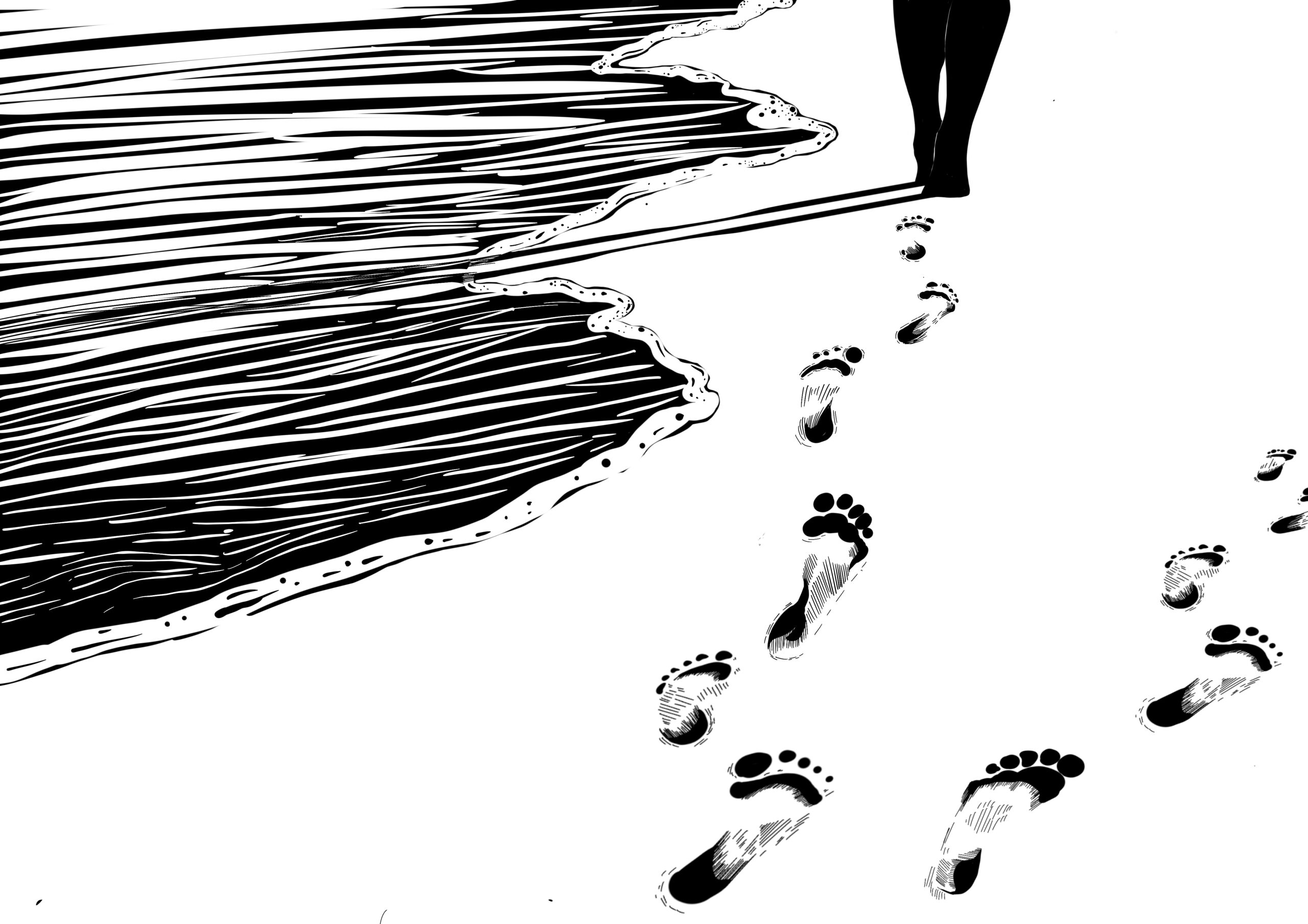
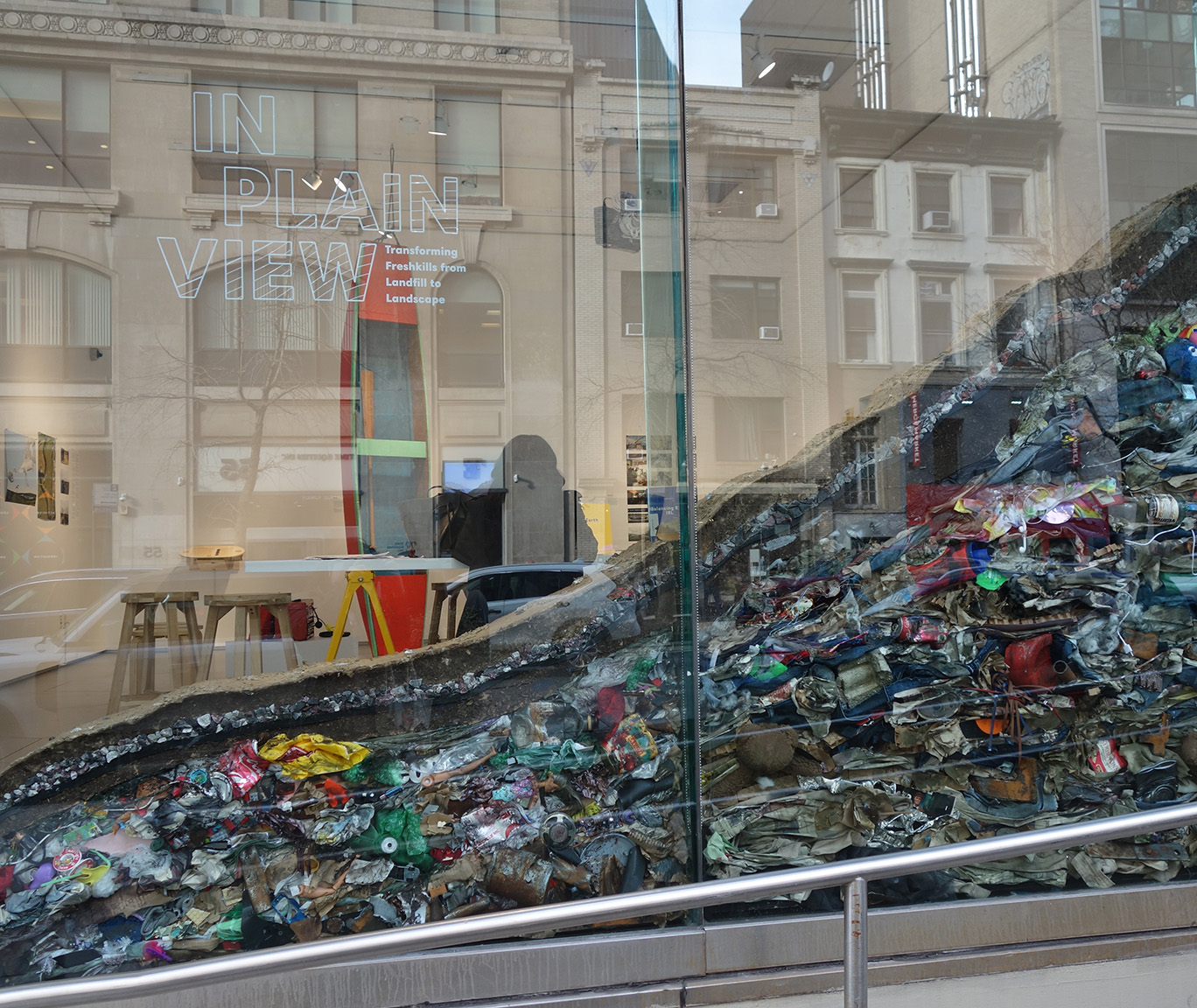

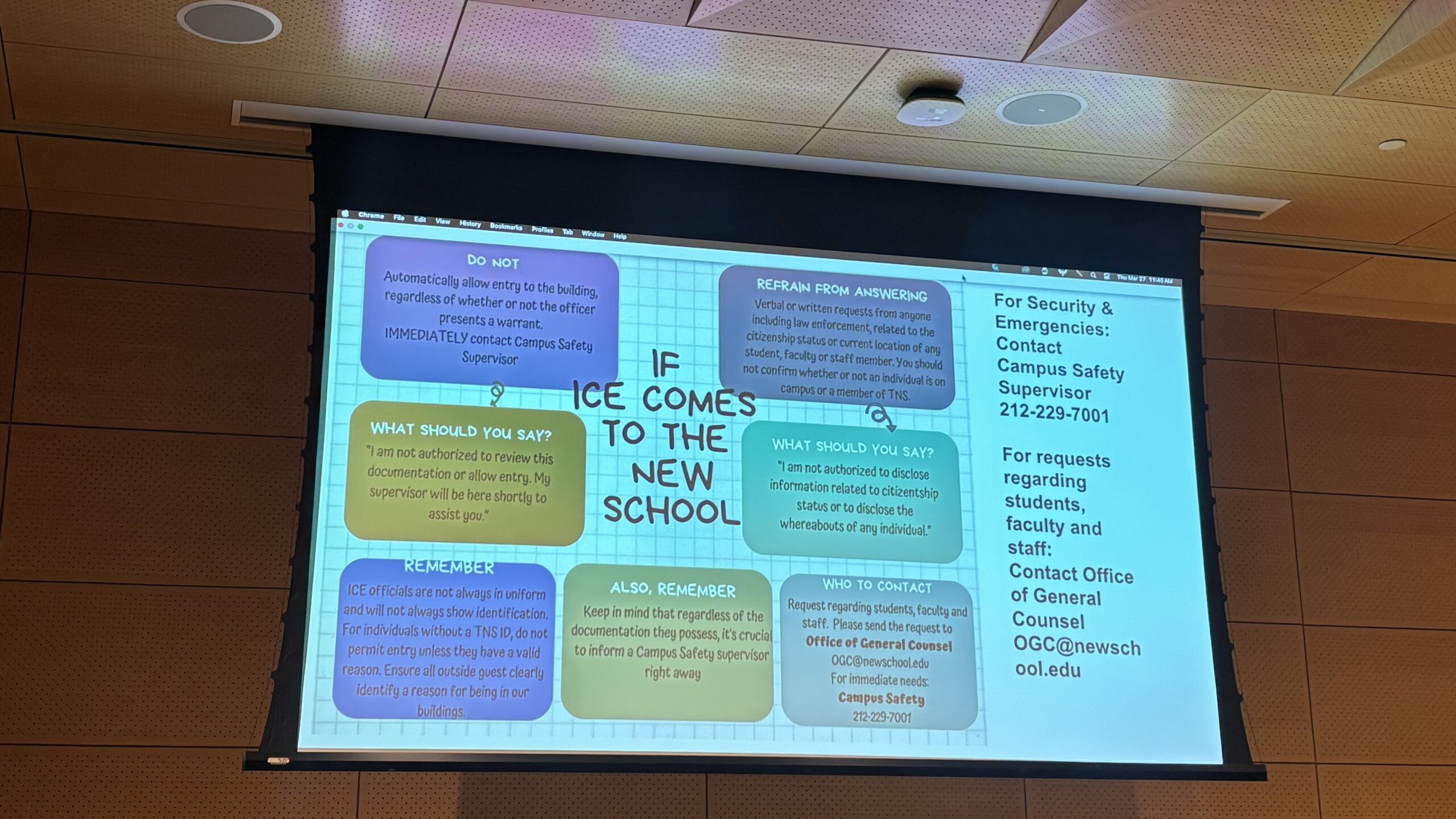
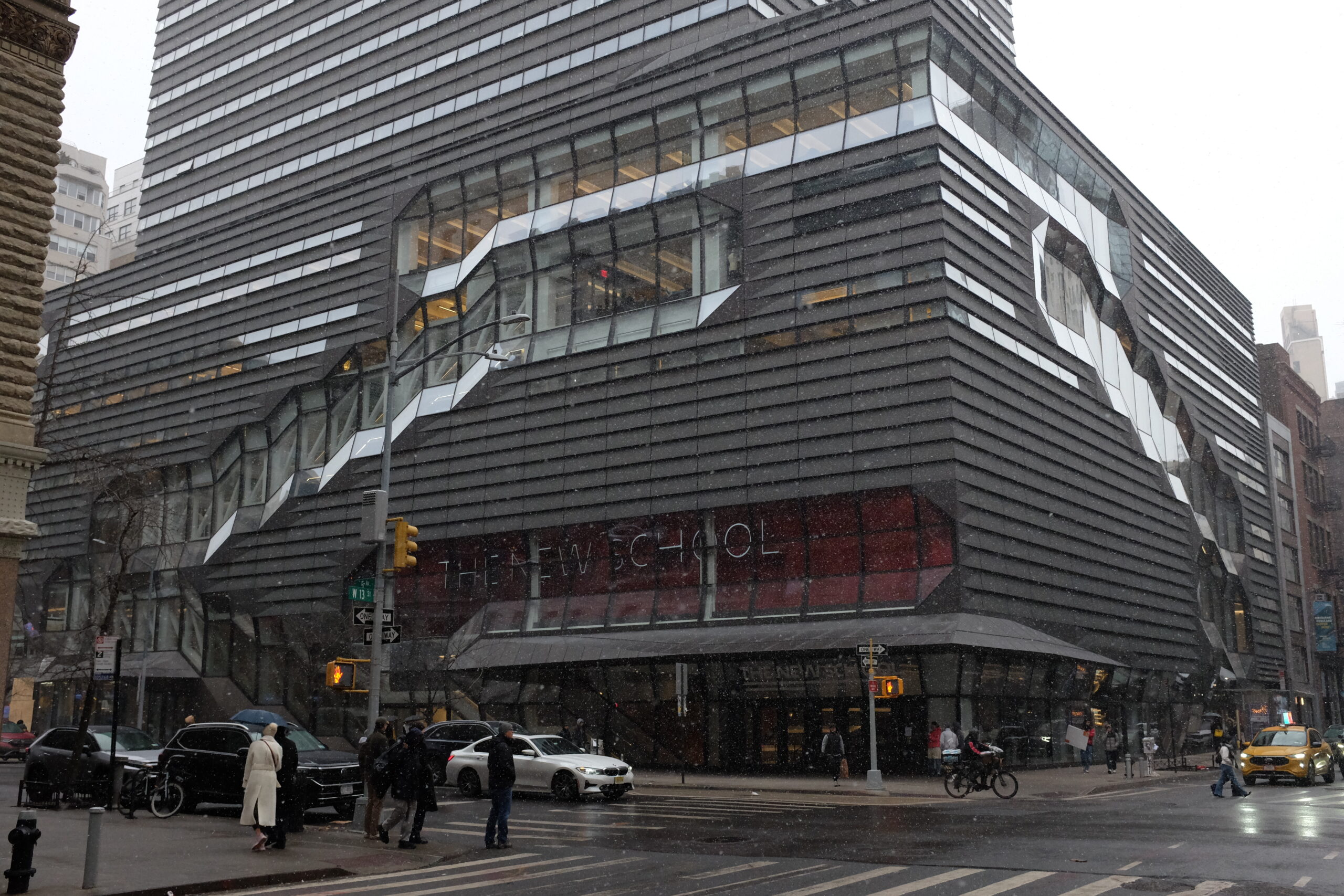
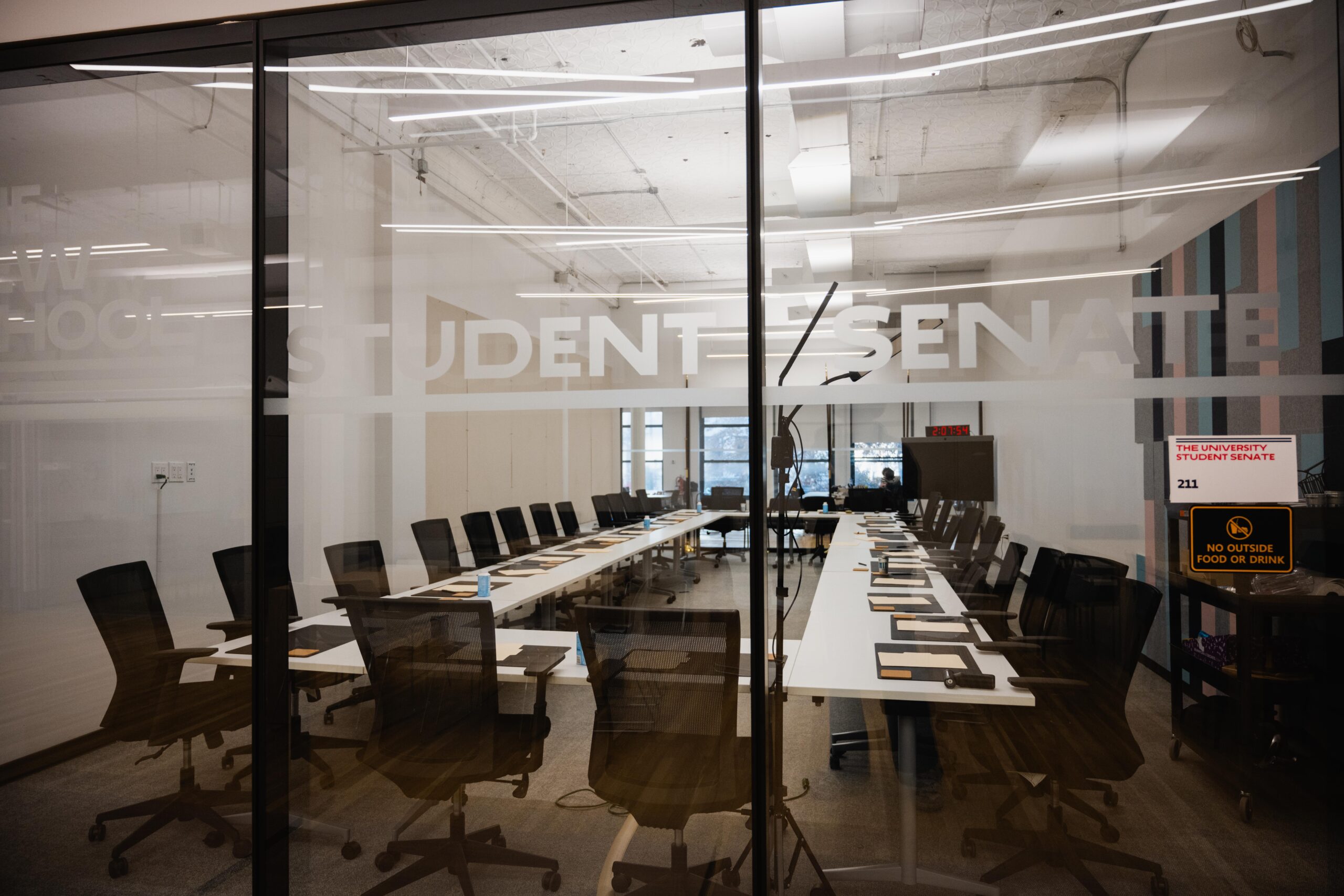
Leave a Reply